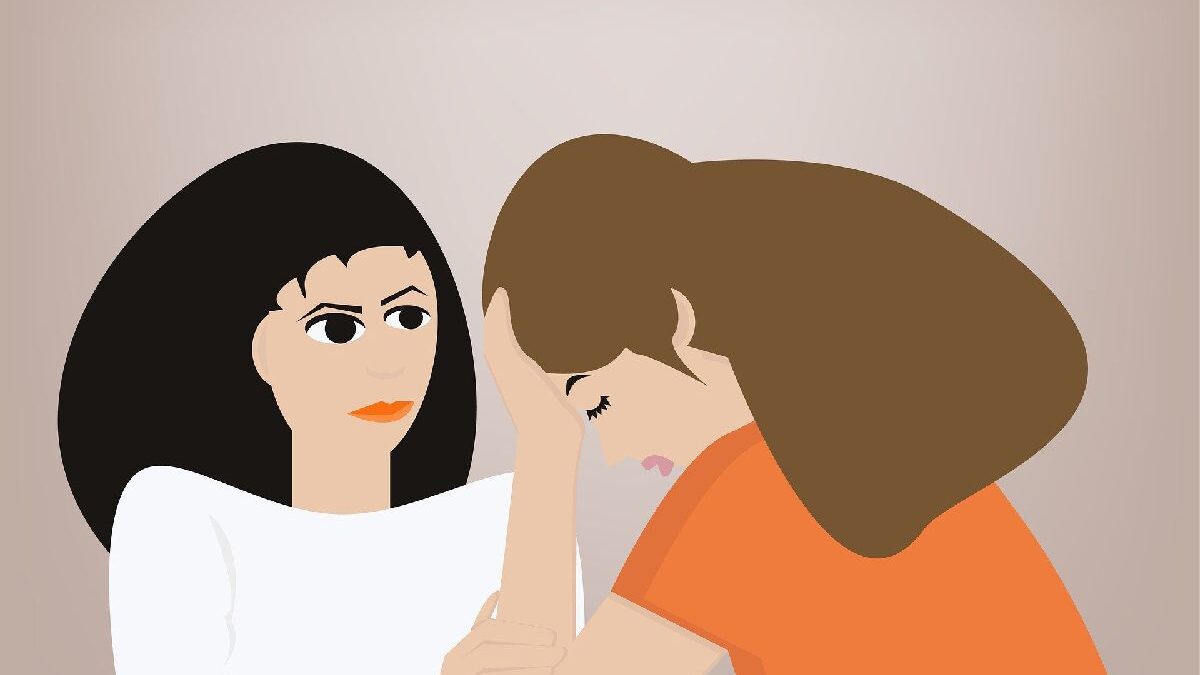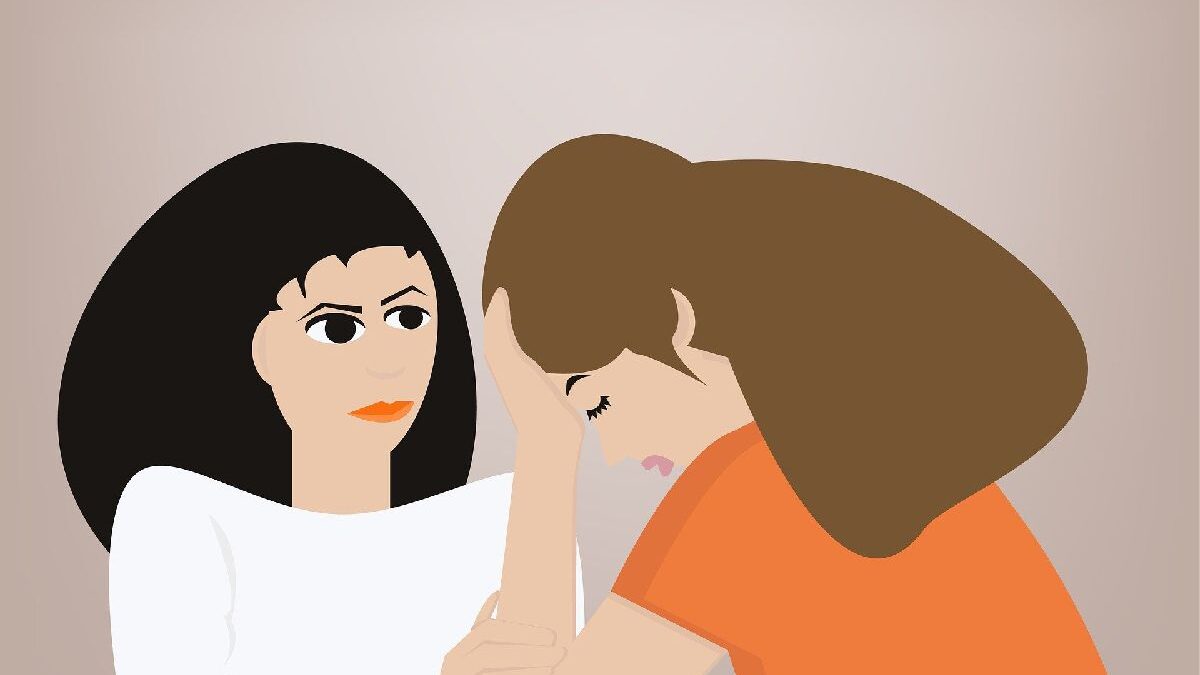
Trauma therapy is useful for those who are unable to cope with their traumatic experiences or whose functioning abilities have been affected. You can benefit from trauma therapy if you have experienced any event or experience that has left you feeling psychologically or emotional harmed. This includes abuse, accident or bullying, the death of a loved-one, divorce, near-death experiences, domestic violence or life-threatening situations.
Trauma therapy may not be right for you, even though it can reduce avoidance, fear, improve coping skills and challenge problematic beliefs. It also might not offer you validation. This article will explain five reasons why you might not be benefiting from trauma therapy.
1. The wrong therapist
If you are looking for trauma therapy, make sure they have the experience and training necessary to address your concerns. If you want to be able to release trauma-blocked feelings, make sure your therapist is trained in EMDR. This will improve your overall functioning and quality of life. If your trauma therapist and you are not a good fit, the results may be less than desired.
A good trauma therapist will not push treatment goals and agendas that you do not agree with. You and your therapist should have a direct and assertive relationship to make sure you’re on the same page.
2. Lack of Trust
Every successful therapeutic relationship is characterized by trust. You and your therapist should have a good rapport if you want to get the help that you need. It is important to be honest with your therapist, without feeling judged or ashamed. You can’t be honest and genuine with your therapist if you don’t trust them. This will compromise your chances of recovery.
You can’t progress much in therapy without trust. Talk to your therapist about it to see if you can find a connection.
3. You’re not ready to work
You must be prepared for the trauma therapy process to work. You must understand how your trauma has affected your life, and how healing may help you reach your goals. It is important to have the mental strength and stability necessary to deal with trauma. You must be prepared to experience emotional pain during your therapy sessions.
If you’re not prepared, the trauma therapy experience may catch you off guard. You may want to quit the session if you’re not ready for emotional pain, or if you don’t follow your therapist’s instructions. Even completing the sessions will not be the result you expected.
4. You or your therapist may be inconsistent
Consistency can be a key factor in reaching your therapeutic goals and objectives. If your therapist cancels or doesn’t show up for several sessions, it may be difficult to achieve your goals. If you miss multiple sessions after your therapist has given you an assignment, or asked you to think about certain issues, then the therapy might not be helpful. The therapist might also be forced to suggest new ideas every time you miss a session.
5. Your therapist does not respect their boundaries
Your therapist should not exploit you or engage in sexual relationships with you. It could interfere with their objectivity and cause you further harm. You may have to stop treatment if therapists violate their ethical and professional boundaries.
Endnote
Therapy can help you overcome trauma. Learn why therapy doesn’t work for you and how you can overcome trauma.













